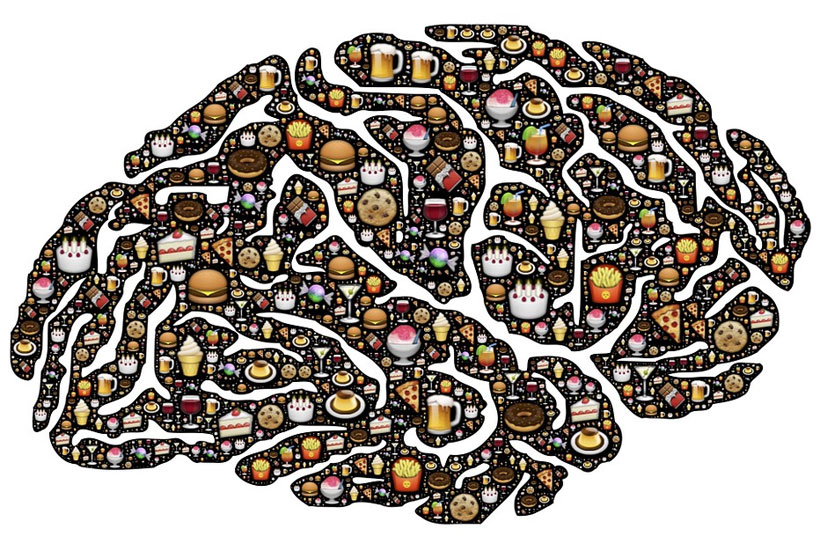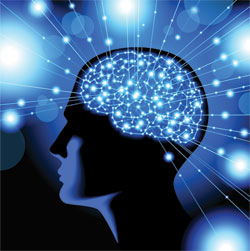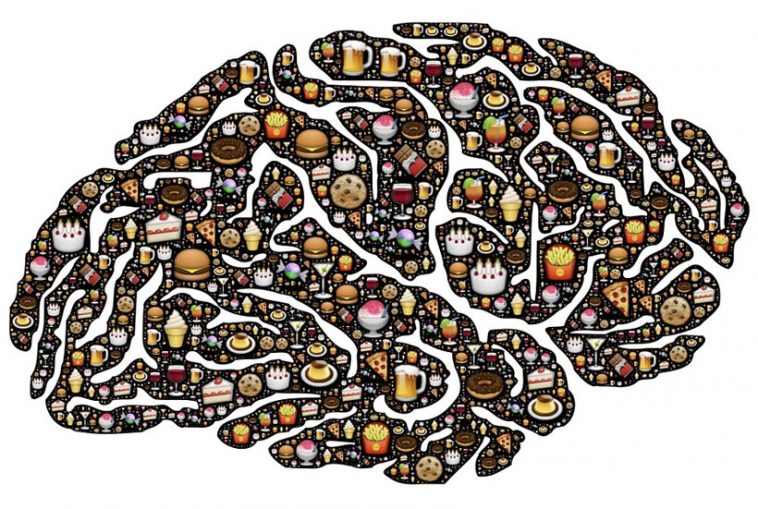- Like
- SHARE
- Digg
- Del
- Tumblr
- VKontakte
- Flattr
- Buffer
- Love This
- Save
- Odnoklassniki
- Meneame
- Blogger
- Amazon
- Yahoo Mail
- Gmail
- AOL
- Newsvine
- HackerNews
- Evernote
- MySpace
- Mail.ru
- Viadeo
- Line
- Comments
- Yummly
- SMS
- Viber
- Telegram
- JOIN
- Skype
- Facebook Messenger
- Kakao
- LiveJournal
- Yammer
- Edgar
- Fintel
- Mix
- Instapaper
- Copy Link
 Recent nutritional studies and research have shown us more about the effects that nutrition has on the brain. Certain foods have been found to affect the brain in the areas of:
Recent nutritional studies and research have shown us more about the effects that nutrition has on the brain. Certain foods have been found to affect the brain in the areas of:
- Cognition
- Disease states
- Aging
- Mood disorders
Understanding more about the way nutrition affects the brain remains an essential way to prevent brain problems and provide non-pharmacological measures for treating physical and mental issues related to the brain.
Food Programs and Diets for Better Nutrition
The Mediterranean Diet requires people to consume based on fish, vegetables, and fruit. People who eat a Mediterranean diet report that they have higher energy levels and feel more vital than they did previously to the diet’s use.
Consuming a healthy diet remains recommended for those who want to eat better and lose weight. Add the action of drinking water to this process, and a person can lose even more weight. A regular healthy diet also improves brain health and function.
Gary Preacher from HCG Diet explains that drinking water throughout the day will help you not eat as much, making weight loss easier. So, to lose weight and keep a healthy brain, eat healthy foods and drink plenty of water.
A person who wants to eat a diet that will improve their brain functioning needs to learn more about the correlation between the foods they eat and the impact they have on brain health and function.
The Energy Needs of the Brain
 Because the brain is always active, it requires a high amount of energy that comes primarily from the food and beverages we consume. Researchers used PET scans and MRIs to identify which areas of the brain use the most power by watching glucose utilization in these areas.
Because the brain is always active, it requires a high amount of energy that comes primarily from the food and beverages we consume. Researchers used PET scans and MRIs to identify which areas of the brain use the most power by watching glucose utilization in these areas.
Infants use almost 90 percent of their daily energy supply in the brain. By the time a child is between six and 12 years old, as much as the brain uses 45 percent of their energy. By the time a person ages, they don’t need to create synaptic connectivity in the brain as much as people do when they are younger, and the brain only requires about 25 percent of the body’s energy to function well.
The Relationship Between Nutrition and Behavior
Recent studies show that children diagnosed with ADHD have two related nutritional deficiencies. These studies showed that a significant number of ADHD children have an iron deficiency, an essential fatty acid deficiency, or a combination of the two.
Unfortunately, the number of ADHD children diagnosed with a behavioral disorder has been increasing in the past few years. A few other theories about the increase of ADHD also include general poor nutrition and eating junk food from a young age.
Psychological Health and Food Consumption
Improper nutrition may also cause suboptimal mental functioning cycles such as:
- Increased feelings of stress
- Issues sleeping
- Continued feelings of fatigue
- Poor self-esteem and performance
Diet and Cognition
 Improper nutrition and its side effects on energy, sleep, and mood changes a person’s daily mental functioning and development.
Improper nutrition and its side effects on energy, sleep, and mood changes a person’s daily mental functioning and development.
Poor mental performance due to nutritional problems also affects the senses and motor skills, too. If a person eats less nutritious foods when they are young, their motor and sensory skills will fail to develop, and the individual won’t reach optimal cognitive functioning.
Eating healthy foods remains a significant way to keep the brain functioning at optimal levels during a person’s youth all the way to their older years. Plus, proper nutrition also prevents dementia.
Dietary Fats
Yes, the body and brain need the correct types of dietary fats to perform optimally. Examples of excellent sources of healthy dietary fats include dairy products and egg yolks. Lipids make up 10 percent of the structure of the brain and also assist in forming the brain’s membranes and myelin. A person should avoid excess bad cholesterols, however, which can build up and cause brain diseases.
Carotenoids and Flavonoids
Orange and yellow fruits and vegetables provide the body with the carotenoids and flavonoids it needs to protect it from the aging process. These substances combat oxidation throughout the body.
Micronutrients
These substances rebuild the brain and enable it to remain at its optimum functioning. Micronutrients include:
- Iron
- Zinc
- Choline
- Selenium
- Iodine
- Magnesium
- B, C and A vitamins
Iron and Protein
Fatigue and an inability to focus is a frequent result of a lack of iron in the diet. Adding more iron-based foods into the diet increases the attention span of people, especially the young and elderly. Meat, fish, legumes, and eggs are excellent sources of iron. Eating these protein-based foods also increases positive effects in mood, too.
In Conclusion
Both our physical and brain health and function is dramatically impacted by the foods we consume on a regular basis. Therefore, choosing what you eat wisely by sticking to nutrient rich foods such as fresh fruits, vegetables, and healthy proteins can do wonders for your body and mind.
About Shannon Clark
Shannon holds a degree in Exercise Science and is a certified personal trainer and fitness writer with over 10 years of industry experience.

